Monitoring methodology
Description
The Regional Monitoring System has the purpose of documenting, disseminating, and analyzing qualitative and quantitative information on the scope and causes of internal displacement due to violence in Central America. The System emphasizes the importance of collecting regionally certified data on people who are experiencing internal forced displacement or who are at risk of being so.
The Monitoring System has sociodemographic information and information on access to the rights of the population that is internally displaced due to generalized violence, in order to support policy design and program proposals that effectively meet the needs of displaced people and protect their rights within the applicable legal frameworks.
The System has networks for data collection and analysis within state institutions and international and civil society organizations. In addition, the System develops the strategies and methodological instruments necessary for the collection, storage, and processing of information on the magnitude and description of the phenomenon, while also producing quarterly, annual, and special reports on the dynamics, nature, and patterns of internal displacement in the region.
This effort is part of the support for the actions indicated in the declaration of the Plan Acción Brasil (Brazil Action Plan), which establishes a framework for cooperation between the Central American Integration System (SICA) and the United Nations High Commissioner for Refugees (UNHCR) in the establishment of the “Observatory of Human Rights for Displacement” in Central America. In this regard, SICA has appointed Cristosal as part of the organizations that will provide technical advice to the Working Group on Forced Displacement in the region, an effort in which synergies will be generated between SICA and the Regional Monitoring System.
Conceptual framework
1.1. General objective:
Create and develop a regional mechanism for the follow-up and monitoring of internal forced displacement due to violence, with approved methodology and instruments for recording information.
1.2. Specific objectives:
a) Observe and document the nature and dynamics of internal displacement due to violence in the countries of Central America.
b) Analyze the implications and social and human rights effects of internal forced displacement.
c) Contribute to the advocacy and the increase of social awareness about the phenomenon of internal displacement.
1.3. Analysis variables:
a) Social and demographic characteristics of the victims of internal displacement.
b) Acts of violence and perpetrators.
c) Response of the State and deterioration of living conditions.
d) Expectations and sustainable-over-time solutions.
1.4. Report types:
• Monthly, quarterly, and semi-annual reports.
• Annual reports.
• Special reports.
1.5. Analysis model:
Each of the Central American countries presents differences in their information according to the characteristics and context of each nation; therefore, each country has a specific registration form adjusted to the country’s needs, respecting the variables and indicators of regional research. The reports are sent to the regional internal displacement monitoring team, who is in charge of centralizing the information.
The information is stored in the software of the Regional Monitoring System, which contains a specific profile for each user-institution, allowing each member to observe their information and share selected information with other organizations that are part of the System. Likewise, members will be able to observe the general trend of the phenomenon at the regional and national level. In addition, the software allows member organizations that work indirectly with displacement victims to be observers of the registered trends.
On the other hand, the System has a web page (www.enfoca.org) with public access, exclusively designed to present updated information on cases of forced internal displacement, registered by the partner organizations, which will be periodically fed. This platform also presents all the reports on the phenomenon made with information from the Regional Monitoring System.
Why is the System important?
• The existence of the System responds to the commitments made by the countries of the region in the Brazil Action Plan, particularly by implementing a joint system for collecting and analyzing information on causes and conditions in which people are forced to leave their communities of origin.
• The System responds to good international practices established in the National Responsibility Framework, stipulated by The Booking Institution - University of Bern.
• The System represents the creation and development of a regional mechanism that allows follow-up and monitoring of forced internal displacement due to generalized violence in the countries of Central America.
• The construction of information is an essential task to increase public awareness of the needs of the victims and to place the phenomenon on national and regional agendas. Through the generation of profiles, models can be built for the implementation of improvements in the processes of registration and monitoring of cases, accompaniment of victims and sustainable-over-time solutions for displaced people.
• Integrating organizations, civil society and the State into a single space is necessary to generate information on forced displacement, facilitating the construction of a regional collective database specially designed for the phenomenon.
How to join the Monitoring System?
• Organizations seeking to become part of the System must have victims of forced internal displacement within their beneficiary population. In addition, they must include in their registration forms the foundational research variables of the System.
• The Regional Monitoring System will support member organizations and institutions in the design and training of the new forms, which are specifically designed according to their needs, and will provide space within the System's own software for the registration and storage of information.

Monitoring Portal for Human Rights
The Observatory provides constant monitoring of human rights violations in order to provide timely and accurate information on the causes and effects that these violations have on vulnerable populations. Fed by data from state institutions, civil society, and international cooperation, the publications strengthen the efforts being done to protect and promote human rights in the Northern Triangle of Central America.
Contact us:
Info@enfoca.org
